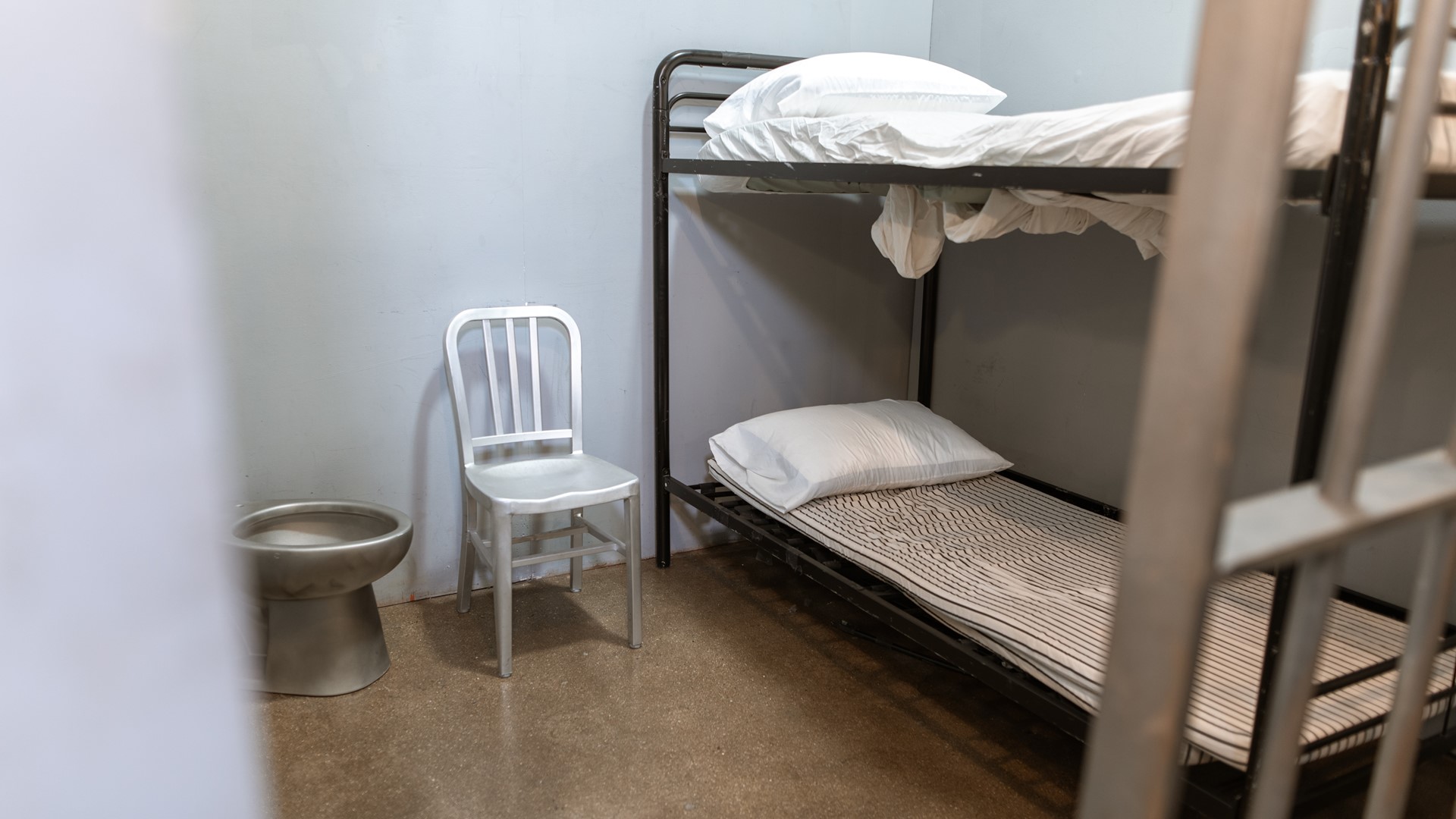
Mississippi Department of Health Providing Solutions to Mental Health and Jail Crisis
Thursday, November 16, 2023
Wendy D. Bailey, Executive Director of the Mississippi Department of Mental Health is providing and offering solutions to the mental health and jail crisis in her state. A recent article by ProPublica, “Mississippi Jailed More Than 800 People Awaiting Psychiatric Treatment in a Year. Just One Jail Meets State Standards” told the story and here are MDMH’s provided and recommended solutions to the state and its counties.
"If a person is in a psychiatric crisis where they meet commitment criteria of being a danger to themselves or others, the Mississippi Department of Mental Health wants that person to be in the safest location possible receiving treatment. There are 320 acute psychiatric state hospital beds at Mississippi’s four state hospitals. If a bed is not immediately available, we encourage the local counties to work with their local mental health authority, which is part of county government, to secure a location such as a Crisis Stabilization Unit bed, a private or county hospital, or a private facility with acute psychiatric beds. We also want all diversion options to be considered prior to the commitment. This is the reason we have specifically expanded grant funding for the use of court liaisons employed by the Community Mental Health Centers (CMHCS) to work directly with chancery clerks and law enforcement, families, and other local partners to connect a person seeking a commitment to the needed help and when possible, avoid a state hospital admission.
We have made state hospital admissions from a jail a priority and reopened 50 additional state hospital beds this past fiscal year, that has been temporarily closed due to the pandemic and staffing. The average wait in jail for the second half of FY23 was 2.5 days compared to 8.4 days in FY22. While we do not want any person to wait in jail that hasn’t committed a crime, there has been significant emphasis placed on decreasing the wait time and making those admissions a priority. The decreases in wait time and the number of people waiting have been due to diligent efforts by DMH staff and the CMHCs to divert individuals and treat in the least restrictive environment and due to the remaining beds coming back online at the state hospitals which had been impacted due to staffing.
DMH does not believe jails are an appropriate location to hold someone who is not charged with a crime and is awaiting admission to a state hospital treatment bed. The person should be in a safe location, such as a CSU or hospital, receiving treatment. Mississippi now has 180 crisis stabilization beds at the 11 Community Mental Health Centers. We believe people should receive services in their community so they can remain connected to their family, friends, jobs, and local resources. State hospital beds should be reserved for people who require the highest level of care. We are continuing to work closely with the CMHCs to divert people from commitment and make sure local officials are aware of service options, such as the intensive community support services now available in all 82 counties, other than commitment to a state hospital. Since CMHCs are part of county government, Chancery Clerks and law enforcement need to have strong partnerships with their CMHCs and utilize their local CSUs to maximize those beds.
While there is still a waiting list, the list has significantly decreased, and we are using multiple strategies to continue to decrease the waiting list. Encouraging strong partnerships and communication between local law enforcement, local chancery clerks, and the local community mental health centers – all three which are part of local government is a key to solving this issue. Also avoiding unnecessary institutionalizations by maximizing the utilization of key intensive community supports, court liaisons, diversion coordinators, crisis stabilization beds, and local partnerships with hospitals especially those who have acute psychiatric beds and can treat and discharge without sending to the state hospital are also key. Each county in the state now has access to a CSU, and Chancery Clerks, as of July 1, have access to a bed registry to see the availability statewide."
Wendy D. Bailey
Executive Director
Mississippi Department of Mental Health


